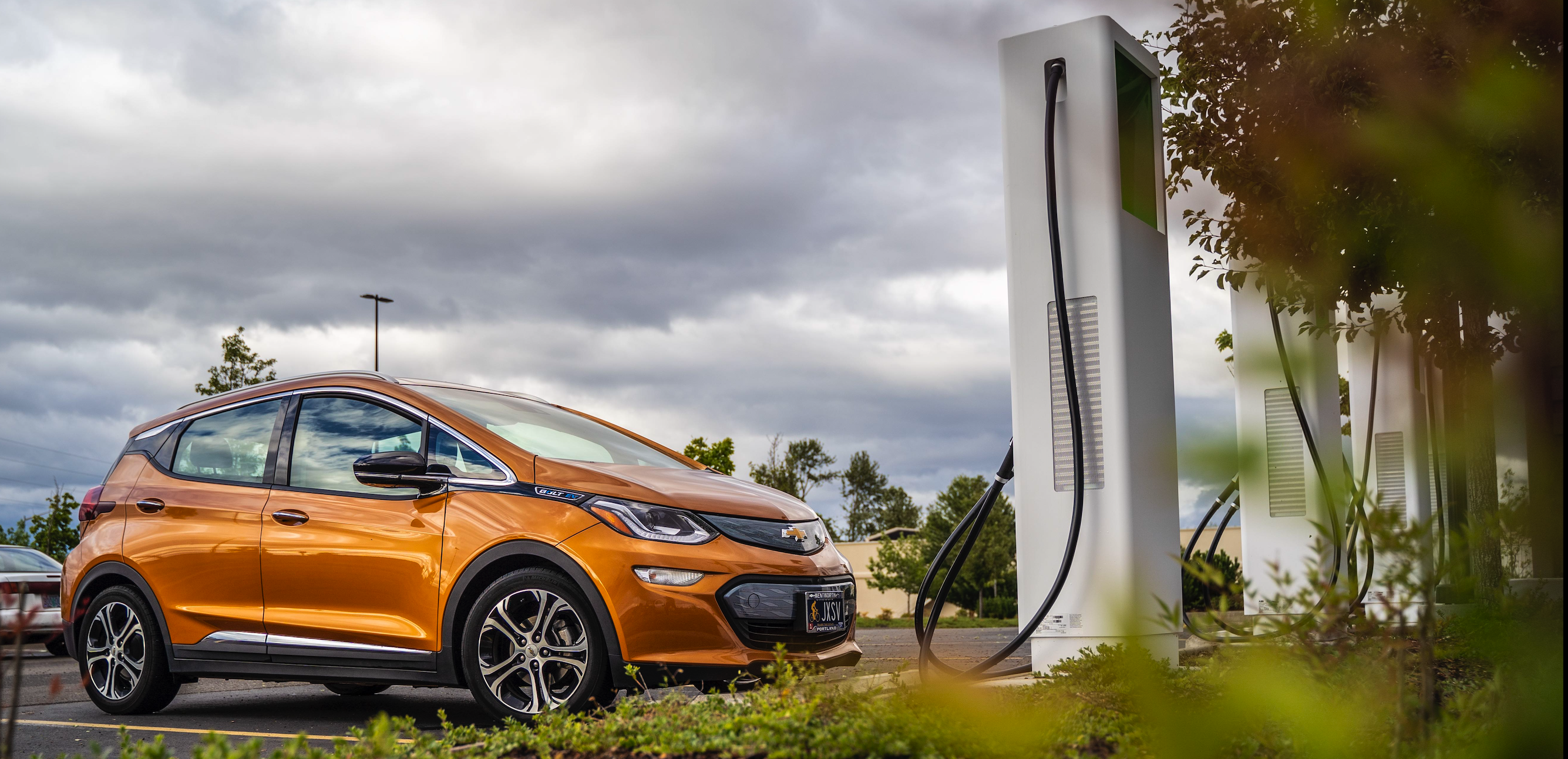Recommendations to Discretionary Grant Programs for Charging and Fueling Infrastructure
By: Jeff Allen

The Joint Office of Energy and Transportation successfully launched the National Electric Vehicle Infrastructure (NEVI) Formula program and is designing the competitive discretionary grant programs.
The Corridor Charging Grant Program and the Community Charging Grant Program are due by statute to launch by November 15, 2022.
Forth, in partnership with GRID Alternatives, is proposing nine recommendations to the Joint Office in an effort to support the design and implementation of these discretionary grant programs. These considerations encourage the development of grant programs to:
- Center Equity - Charging investments must be designed to meet the needs of those who face the most barriers to accessing electric vehicles (EVs). This includes drivers from rural, low-income, and communities of color. They stand to benefit greatly from air-quality improvements.
- Maximize Flexibility - Discretionary grant applications that center equity will require the greatest degree of flexibility allowed by statute, to model “wrap-around programming.” We strongly recommend that the Joint Office allow the broadest possible range of costs to qualify and/or required matching funds.
- Priority Needs and Best Practices - Over the past decade, the U.S. Department of Energy (USDOE) and other stakeholders have developed expertise on optimal deployment of public charging funds to maximize access to EVs and accelerate the transition to electric mobility. The Joint Office should ensure that discretionary grant programs are built on this foundation and direct applicants to use these resources, tools, and best practices.
-
Require Reliability - Historically, EV charging infrastructure has suffered from hardware and software performance problems. Inoperable and broken chargers reduce driver confidence in infrastructure reliability and undermines EV adoption. Therefore, NEVI Community Community Grant Program-funded chargers must ensure chargers remain operational by requiring and funding 5-year warranties and obligating responsible parties, including charging station providers and site hosts, to maintain charger access and functionality.
-
Set Clear Evaluation Metrics - We encourage the Joint Office to define a short, clear, well-defined set of metrics for scoring and evaluating discretionary grant applications. We encourage you to include metrics such as:
- Estimated increase in equitable access to EVs
- Estimated reduction in transportation costs
- Estimated reduction in pollution and greenhouse gas emissions
- Demonstrated level of community engagement and support to fulfill Justice40 requirements
- Leveraged funding from other sources
- Safety, reliability and ease of access of the charging infrastructure
- Long-term operation and performance measures
-
Clarify Non-Corridor Funding - The country needs charging that will provide access to EV drivers in their everyday lives - where they live, work, and play. This is particularly critical for underserved communities where drivers are less likely to have easy access to overnight home charging. Therefore, we strongly recommend that guidance for the Corridor Charging Grant Program be less restrictive than NEVI formula funding.
- 95.1% of trips are less than 30 miles round trip. Hence, we suggest allowing charging within 15 miles of a designated corridor to qualify
- We also recommend discouraging applications for fast charging designed to serve corridor travel - projects that could be funded with NEVI Formula Funds
- We also recommend that the Community Charging Grant Program clarify that these funds will exclusively be available for charging infrastructure that does not qualify for either the Corridor Charging Grant Program or NEVI Formula Funding.
This will reduce duplication and expand access to the maximum funding for rural, underserved communities, and other charging needs for those not along major fast-charging corridors.
-
Help Electrify EVs of All Types - The $7.5 billion provided by NEVI over five years is a substantial and transformative investment in building a national charging network to increase consumer confidence in buying EVs. However, as many analysts have noted, it is far from sufficient to fully build that network.
Projects that seek to ensure that passenger vehicle charging systems are also useful to other modes should be permissible and encouraged. To the extent possible, charging locations should also be designed to allow for use by medium- and heavy-duty vehicles where appropriate, since these vehicles can utilize the same chargers as passenger cars.
-
Provide Technical Assistance - A “first come first serve” approach will likely serve those who have had the most resources, access to information, and prior experience with transportation electrification. By contrast, historically underserved and rural communities with fewer resources and experience with electric transportation will need substantial support to compete.
We believe it is critical that Federal Highway Administration provide substantial outreach, education, and technical assistance from trusted brand-neutral sources to help communities apply for and effectively utilize these funds.
-
Encourage Partnerships - Many historically underserved communities are under-equipped to compete for grant funds or manage grant-funded charging projects. In the long term, we should work to help these communities build capacity. For the next several years, however, we encourage providing maximum flexibility for communities to partner with diverse third parties – nonprofits, electric utilities, for-profit companies, or others to develop and manage programs.
As Van Jones said at the 2022 National E-Mobility Diversity Equity and Inclusion Conference, “This is a once-in-a-century opportunity.” Forth and GRID Alternatives are excited about the design and implementation of these Discretionary Grant programs and are well positioned to support the Joint Office of Energy and Transportation.
Catch our webinar on "Using Federal Charging Funds Equitably & Effectively" to learn more about the discretionary grant programs.
Forth is not only is committed to ensuring public charging investments are designed to be accessible to all but is also helping vulnerable communities access federal charging funds.

